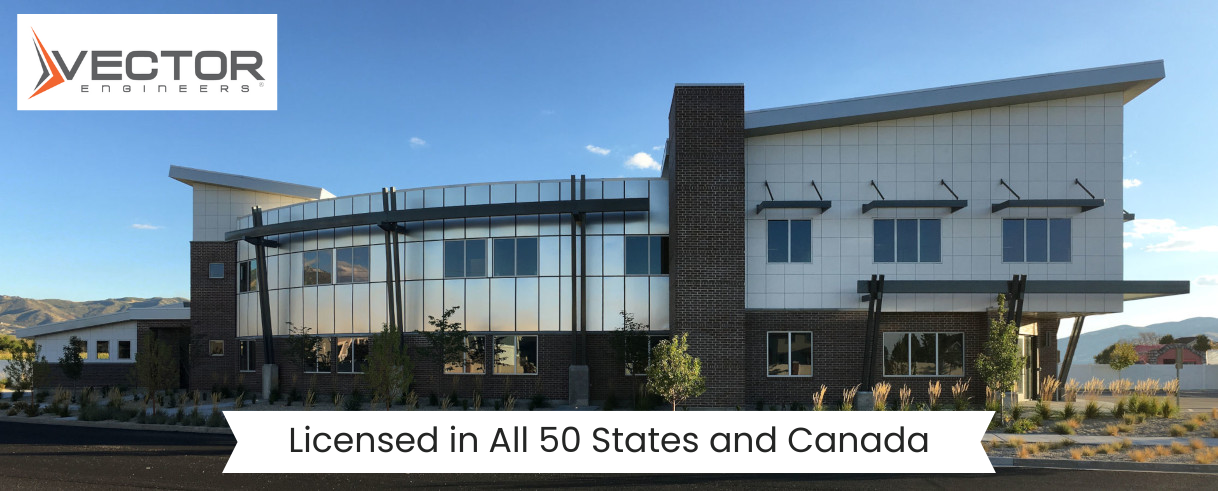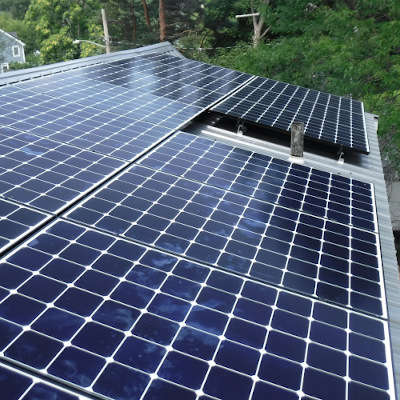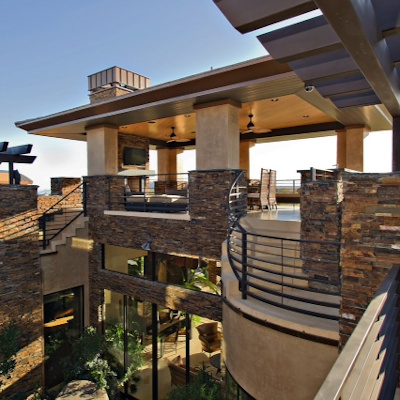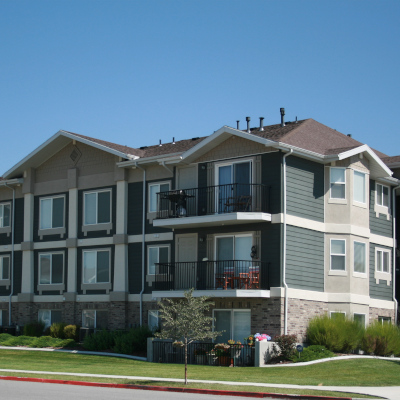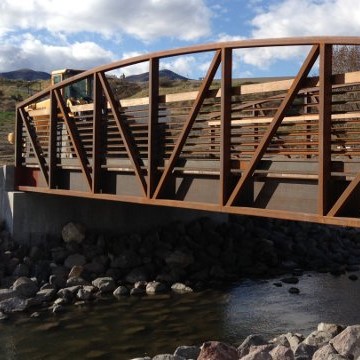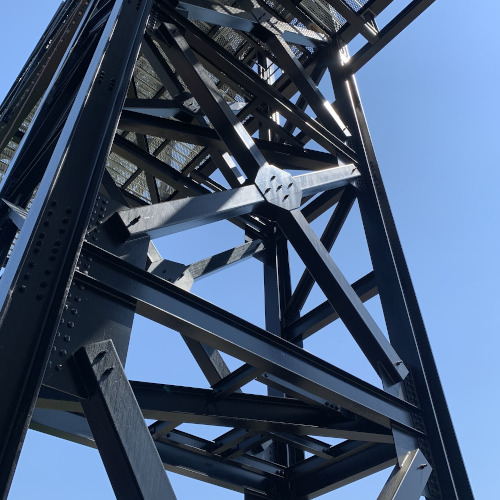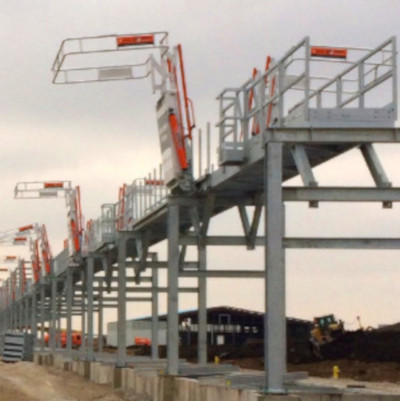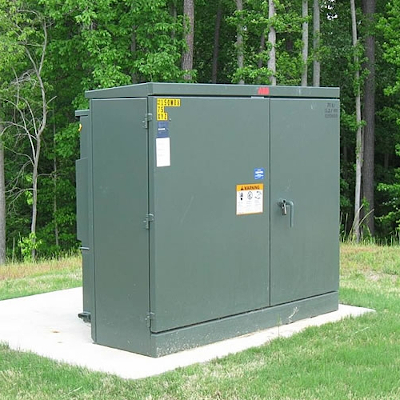Glendale Residential Structural Engineer
In the field of residential construction, the role of a structural engineer is crucial. A residential structural engineer is responsible for ensuring the safety and stability of residential structures in Glendale. By analyzing and designing the structural elements of buildings, these professionals play a vital role in the construction process.
Understanding the Role of a Residential Structural Engineer
Key Responsibilities of a Structural Engineer:
- Conducting site inspections and assessments to identify potential structural issues.
- Designing structural systems and components for residential buildings.
- Performing calculations and simulations to ensure structural integrity.
- Collaborating with architects, contractors, and other professionals involved in the construction process.
- Monitoring construction progress and providing recommendations for structural adjustments, if necessary.
The importance of structural engineering in residential construction cannot be overstated. A well-designed and properly engineered structure is essential for the safety of occupants and the longevity of the building.
When a residential structural engineer conducts site inspections and assessments, they carefully evaluate the existing conditions of the site. They take into account factors such as soil composition, topography, and nearby structures. By identifying potential structural issues early on, they can prevent costly and dangerous problems from arising in the future.
Once the site has been assessed, the structural engineer begins the process of designing the structural systems and components for the residential building. This involves creating detailed plans and specifications that outline the materials, dimensions, and construction methods to be used. The engineer must ensure that the design meets all relevant building codes and regulations.
Calculations and simulations play a crucial role in the work of a structural engineer. They use advanced software and mathematical models to analyze the loads and forces that will act on the structure. By simulating various scenarios, they can determine the structural integrity of the building and make any necessary adjustments to ensure its stability and safety.
Collaboration is a key aspect of a structural engineer’s job. They work closely with architects, contractors, and other professionals involved in the construction process. This collaboration ensures that the design and construction of the building are coordinated and that all parties are working towards a common goal. The structural engineer provides valuable input and expertise to ensure that the building’s structural components are integrated seamlessly with the overall design.
Throughout the construction process, the structural engineer plays a vital role in monitoring the progress and quality of the work. They visit the construction site regularly to inspect the implementation of the design and to provide recommendations for any necessary structural adjustments. This ongoing involvement helps to ensure that the building is constructed according to the approved plans and that any issues are addressed promptly.
In conclusion, the role of a residential structural engineer is multifaceted and essential in the construction of safe and durable buildings. Their responsibilities range from conducting site inspections and designing structural systems to performing calculations and collaborating with other professionals. By fulfilling these responsibilities, they contribute to the overall success and longevity of residential construction projects.
Hiring a Residential Structural Engineer in Glendale
When embarking on a residential construction project, one of the most important decisions you’ll make is hiring a structural engineer. A structural engineer plays a crucial role in ensuring the safety and stability of your building. However, finding the right engineer for your project requires careful consideration of several factors.
First and foremost, experience is paramount. Look for a structural engineer with significant experience in residential construction in Glendale. This expertise will ensure that they are well-versed in the unique challenges and requirements of building in the area. Whether it’s the specific soil conditions or the local building codes, an experienced engineer will have the knowledge to navigate these complexities.
In addition to experience, qualifications are also essential. It’s crucial to ensure that the engineer holds the necessary certifications and licenses. These credentials serve as proof of their competence and adherence to industry standards. By hiring a qualified engineer, you can have peace of mind knowing that your project is in capable hands.
References are another valuable resource when evaluating potential engineers. Request references from previous clients to gauge the engineer’s reputation and track record. Speaking with these clients will provide insights into the engineer’s professionalism, communication skills, and ability to deliver results. A positive reference can instill confidence in your decision, while a negative one may raise red flags.
Effective communication is crucial throughout the construction process. Therefore, it’s essential to choose an engineer who can clearly convey technical concepts. A good engineer should be able to explain complex ideas in a way that is easily understandable to you as the client. This open line of communication will foster a collaborative relationship and ensure that your vision is accurately translated into the final design.
Once you have chosen a structural engineer, the process of working with them begins. Effective collaboration is key to a successful project. Let’s take a closer look at the various stages involved in working with a structural engineer:
The Process of Working with a Structural Engineer
1. Initial Consultation: The first step is an initial consultation with the engineer. During this meeting, the engineer will assess your project’s requirements and discuss design objectives. This is an opportunity for you to share your vision and any specific needs or preferences you may have.
2. Site Investigation: After the initial consultation, the engineer will conduct a thorough examination of the construction site. This site investigation is crucial for identifying any potential structural issues that may impact the design and construction process. By understanding the site’s unique characteristics, the engineer can develop a tailored structural plan.
3. Design Phase: With a clear understanding of the project requirements and site conditions, the engineer will proceed to the design phase. During this phase, the engineer will develop detailed structural plans that outline the necessary elements to ensure the stability and safety of the building. These plans will also need to comply with local building codes and regulations.
4. Construction Phase: Once the design phase is complete and the necessary permits are obtained, the construction phase begins. During this phase, the engineer will play a crucial role in monitoring the construction process. They will make site visits to ensure that the structural elements are being implemented correctly and according to the approved plans. This oversight helps to avoid costly mistakes and ensures the long-term stability of your residential building.
Working closely with a structural engineer throughout the construction process can provide numerous benefits. Their expertise and guidance can help you make informed decisions, avoid potential pitfalls, and ultimately achieve a successful outcome. By carefully selecting a qualified and experienced engineer, you can have confidence in the structural integrity of your residential project.
Common Residential Structural Issues in Glendale
Identifying potential structural problems in residential buildings is vital for maintenance and safety purposes. Some common issues include:
- Foundation cracks or settlement
- Roof damage or sagging
- Wall cracks or bowing
- Structural movement or shifting
How a Structural Engineer Can Help
A qualified residential structural engineer can provide expert advice and solutions for addressing these issues. Through a thorough assessment and analysis, they can develop repair plans, perform structural calculations, and oversee any necessary repairs or modifications.
The Impact of Glendale’s Climate on Residential Structures
The weather conditions in Glendale can have a significant impact on the structural integrity of residential buildings. Understanding these factors is essential for ensuring the longevity of structures in this region.
Weather Conditions and Structural Integrity
Glendale experiences a Mediterranean climate with hot, dry summers and mild, wet winters. These weather conditions can pose challenges to residential structures, including:
- Heat and UV radiation: Extreme temperatures and prolonged exposure to the sun can cause materials to deteriorate over time.
- Moisture and rain: Proper drainage and waterproofing are essential to prevent water damage and mold growth.
- Earthquakes: Glendale is located in a seismically active region, making earthquake-resistant design and construction measures crucial.
Climate-Resilient Residential Structures
In response to these challenges, there is a growing focus on climate-resilient residential structures. This includes the use of durable materials, adequate insulation, and energy-efficient design principles to withstand the local climate conditions.
Future Trends in Residential Structural Engineering
The field of structural engineering is constantly evolving, driven by innovative technologies and changing demands. Several future trends are shaping the residential structural engineering landscape.
Innovations in Structural Engineering
New materials, such as carbon fiber composites, are being developed to provide stronger and more lightweight structural solutions. Advanced modeling and simulation tools allow engineers to optimize designs and improve efficiency in the construction process.
The Role of Technology in Structural Engineering
Technological advancements, such as Building Information Modeling (BIM), are revolutionizing the way structural engineers work. BIM enables enhanced collaboration, improved visualization, and better decision-making throughout the construction process.In conclusion, a residential structural engineer in Glendale plays a crucial role in ensuring the safety and stability of residential structures. From initial design to construction oversight, their expertise is vital for creating durable and resilient homes that can withstand the region’s climate and potential structural challenges. As the field continues to evolve, embracing innovations and leveraging technology will further enhance the practice of residential structural engineering in Glendale and beyond.
What our customers have to say
“We have had a very smooth transition from our previous engineering firm to your company. Since we made the move, the turnaround times have been very quick and consistent, and we haven’t had to stress over our structural stamps — which has been a great relief. Many thanks to you and the rest of your team.“
“DBM Solar Design & Consulting has been working with Vector now for 5 years. We have not worked with any other engineering firm outside of Vector and there is a reason for that. All the engineers that I have worked with have all been most accommodating in every aspect of our solar engineering projects.”
“I have had the pleasure of working with the Engineers at Vector for over 10 years. Over that time they have continually proven themselves in their quality of work, dedication to their craft, and in meeting tight deadlines. They have gone out of their way to learn and understand our designs to ensure their results are as accurate and reasonable as possible. I would highly recommend them to anyone.”
“Over the course of my ten years in the industry, I’ve used probably 30 different PE firms, and Vector has just out-performed them in every way. Speed. Quality. Price. We operate in 900 cities and towns in seven states, and all the jurisdictions appreciate their verbiage, layout and calculations. We never have issues with anybody questioning their work.”
“Over the course of my ten years in the industry, I’ve used probably 30 different PE firms, and Vector has just out-performed them in every way. Speed. Quality. Price. We operate in 900 cities and towns in seven states, and all the jurisdictions appreciate their verbiage, layout and calculations. We never have issues with anybody questioning their work.”
“DBM Solar Design & Consulting has been working with Vector now for 5 years. We have not worked with any other engineering firm outside of Vector and there is a reason for that. All the engineers that I have worked with have all been most accommodating in every aspect of our solar engineering projects.”
“I have had the pleasure of working with the Engineers at Vector for over 10 years. Over that time they have continually proven themselves in their quality of work, dedication to their craft, and in meeting tight deadlines. They have gone out of their way to learn and understand our designs to ensure their results are as accurate and reasonable as possible. I would highly recommend them to anyone.”
“We have had a very smooth transition from our previous engineering firm to your company. Since we made the move, the turnaround times have been very quick and consistent, and we haven’t had to stress over our structural stamps — which has been a great relief. Many thanks to you and the rest of your team.“

Providing Structural & Electrical Engineering services in all 50 states plus Washington D.C., Puerto Rico and Canada.


